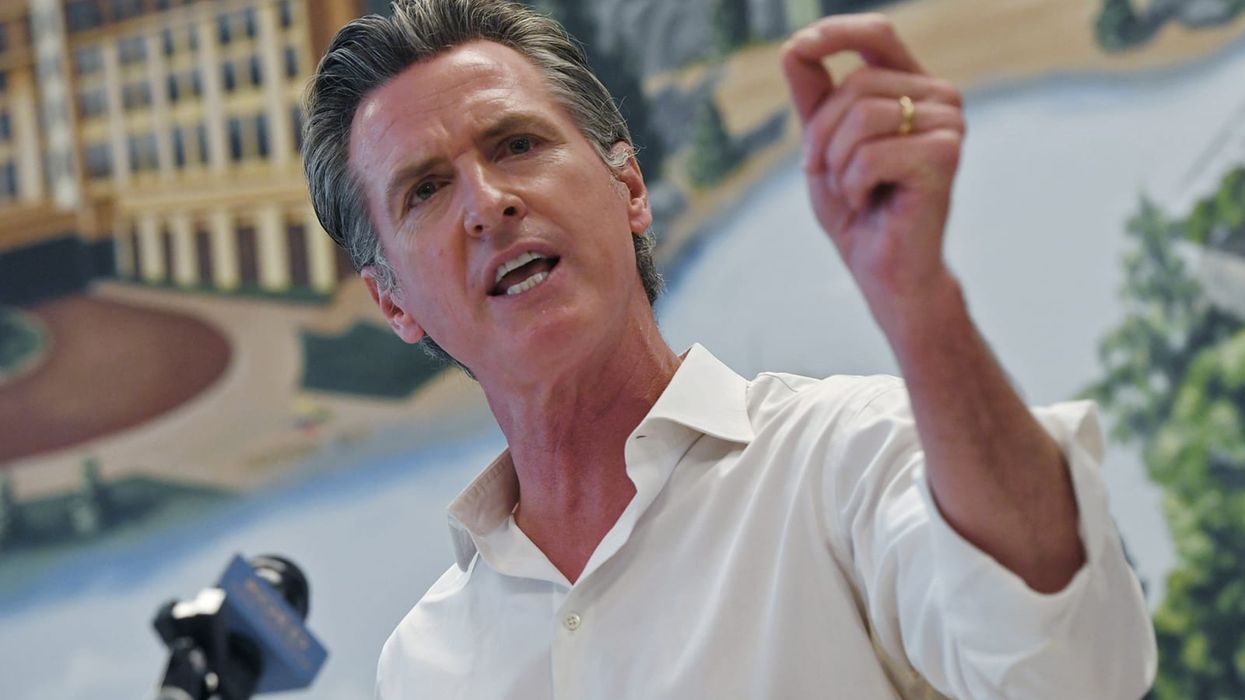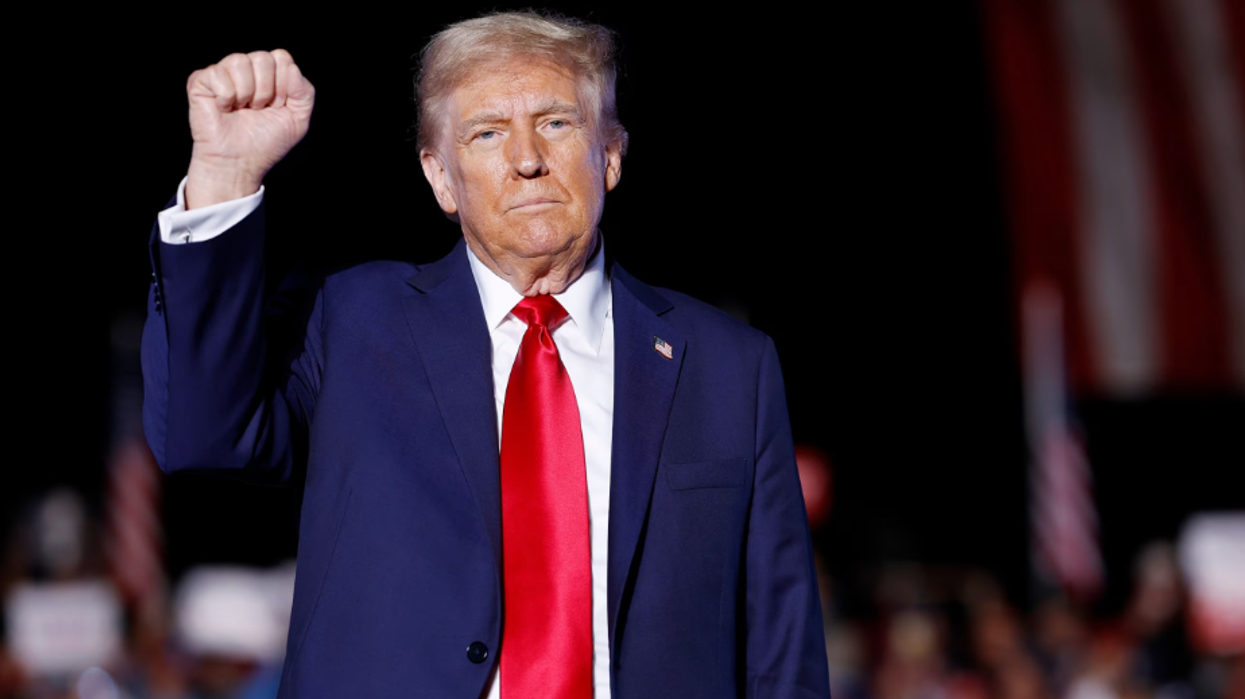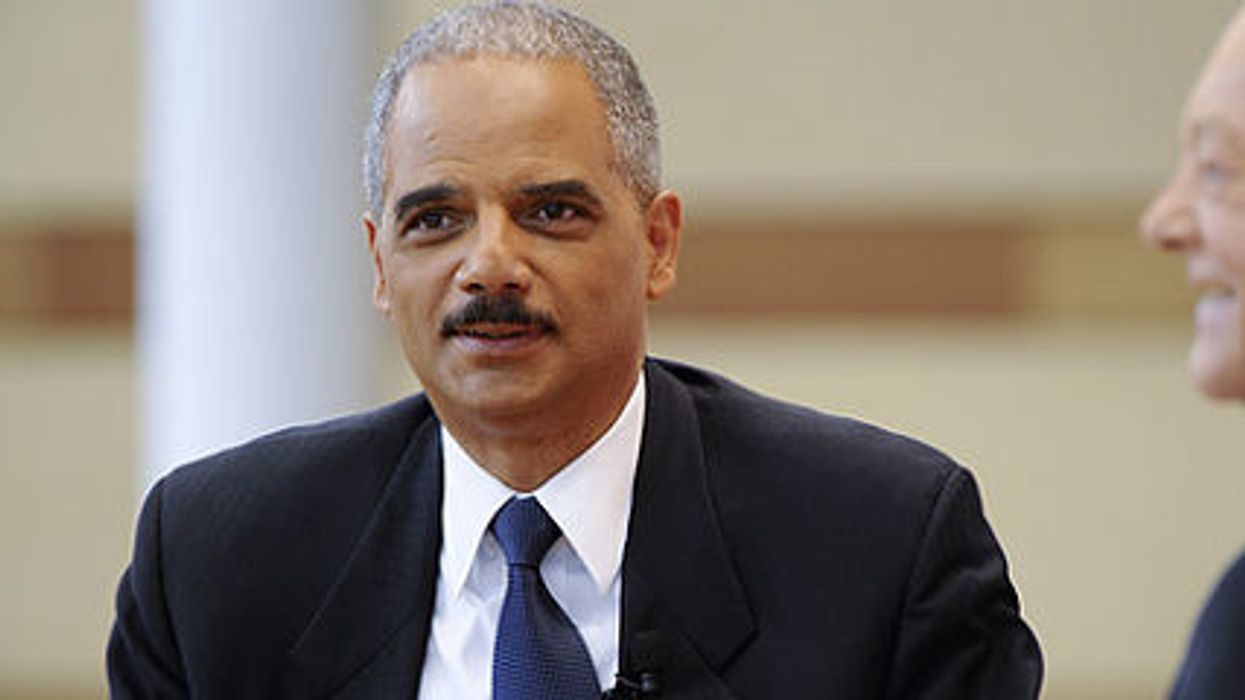Trump Officials Rush To Defend Musk Against UK Sanctions On X Child Porn
The State Department is issuing a blunt warning to the United Kingdom: Ban Elon Musk’s X, and the United States could retaliate.
The threat follows increased concern in Britain over a flood of AI-generated sexualized deepfakes circulating on X, including non-consensual images and material that could violate child-safety laws.
U.K. regulators are now considering whether the platform ran afoul of the country’s Online Safety Act, a decision that could trigger a transatlantic standoff—with arguments for free speech on one side and growing pressure to curb AI-fueled sexual abuse on the other.
In an interview with GB News on Tuesday, the State Department’s Undersecretary for Public Diplomacy, Sarah B. Rogers, suggested that the Trump administration is prepared to push back aggressively if Britain takes action against Musk’s platform.
“With respect to a potential ban of X, [U.K. Prime Minister] Keir Starmer has said that nothing is off the table. I would say from America’s perspective, nothing is off the table when it comes to free speech,” she said. “Let’s wait and see what Ofcom does, and we’ll see what America does in response. This is an issue dear to us, and I think we would certainly want to respond.”
Ofcom, the U.K.’s online safety regulator, is investigating whether any of that material produced and spread by X’s Grok AI chatbot crossed into illegal territory involving minors. The chatbot, developed under Musk, recently admitted to producing explicit images of infants.
But Rogers cast the inquiry less as a question of child protection than as a political fight, accusing the British government of pursuing “the ability to curate a public square, to suppress political viewpoints it dislikes.”
X, she added, has a “political valence that the British government is antagonistic to, doesn’t like, and that’s what’s really going on.”
When asked by Politico whether Rogers’s remarks reflect the Trump administration’s official stance, a U.S. Embassy spokesperson in London declined to soften them.
“Her remarks speak for themselves,” they said.
Rogers, a Trump appointee, also claimed that President Donald Trump and Vice President JD Vance are “huge champions” of free speech.
“Our leadership understands this because President Trump was himself a target of censorship,” she said. “President Trump was banned by Twitter—the old regime before Elon bought it.”
Of course, that posture doesn’t align with the Trump administration’s record.
Since returning to the White House, Trump has repeatedly attacked the press over unfavorable coverage and moved to punish critics across government and civil society, often under the banner of fighting bias or disloyalty.
British officials, for their part, reject the idea that the dispute is about suppressing political views. Through a spokesperson, Starmer said that it is “not acceptable” for AI-generated sexual images of “children and women” to proliferate on a major platform.
Behind closed doors, Starmer has been even more explicit. At a meeting with Labour lawmakers on Monday, he said: “If X cannot control Grok, we will—and we’ll do it fast, because if you profit from harm and abuse, you lose the right to self-regulate.”
The Labour Party announced this week that it plans to criminalize the creation of non-consensual sexualized images, extending legal responsibility not only to creators but also to platforms that provide the tools to generate them.
The State Department stepping in on Musk’s behalf isn’t a one-off. It follows a recent push by the Trump administration to enlist the tech billionaire’s help in restoring internet access in Iran—an effort cast as aiding protesters trying to get around a government-imposed blackout.
It’s also not the first time that the department has intervened in matters concerning Musk’s business interests. According to The New Republic, U.S. officials pressured at least one foreign government to approve a license for Starlink, SpaceX’s satellite internet service, in which Musk retains a massive financial stake.
House Republicans are also rallying behind Musk. Rep. Anna Paulina Luna of Florida said last week that she is drafting legislation to sanction the U.K. if X is banned.
Musk’s brief stint in Trump’s White House may be over, but his influence clearly is not. As head of the so-called Department of Government Efficiency, he pushed to dismantle and weaken agencies that regulate his companies, all while using his proximity to Trump to expand his reach abroad.
Now, as X confronts its most serious regulatory test to date, the State Department seems poised to step in yet again—this time to shield Musk’s business interests as the platform becomes increasingly saturated with AI-driven abuse.
Reprinted with permission from Daily Kos


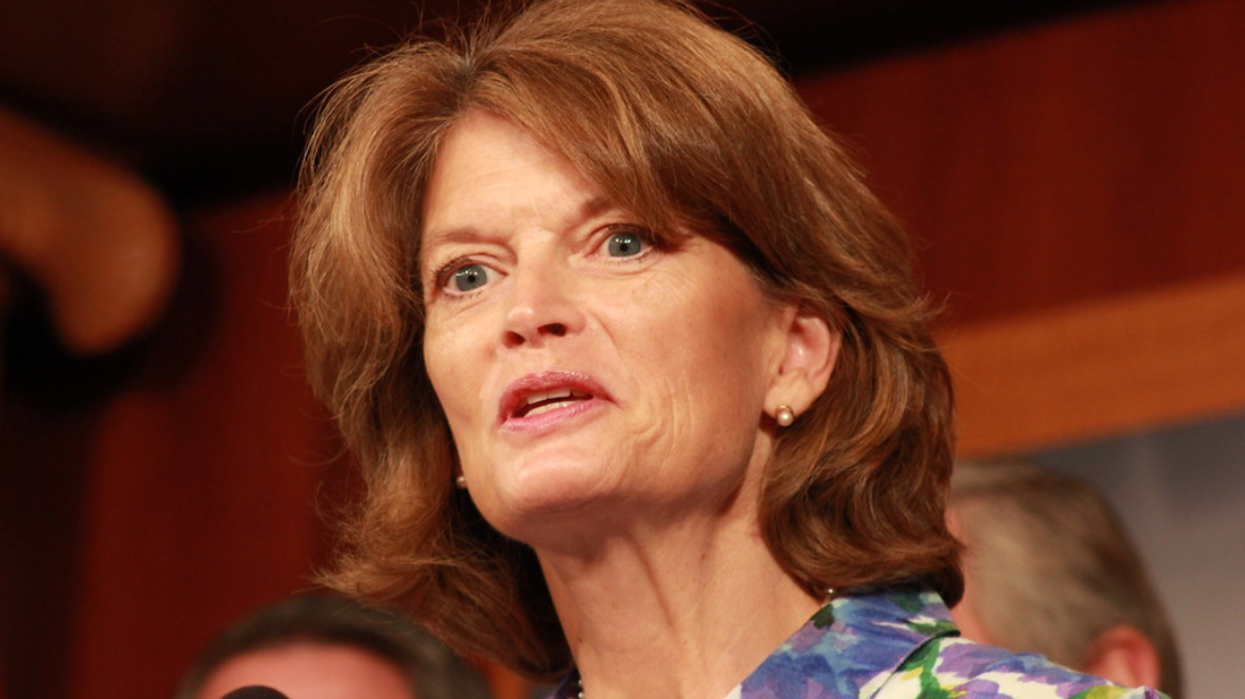


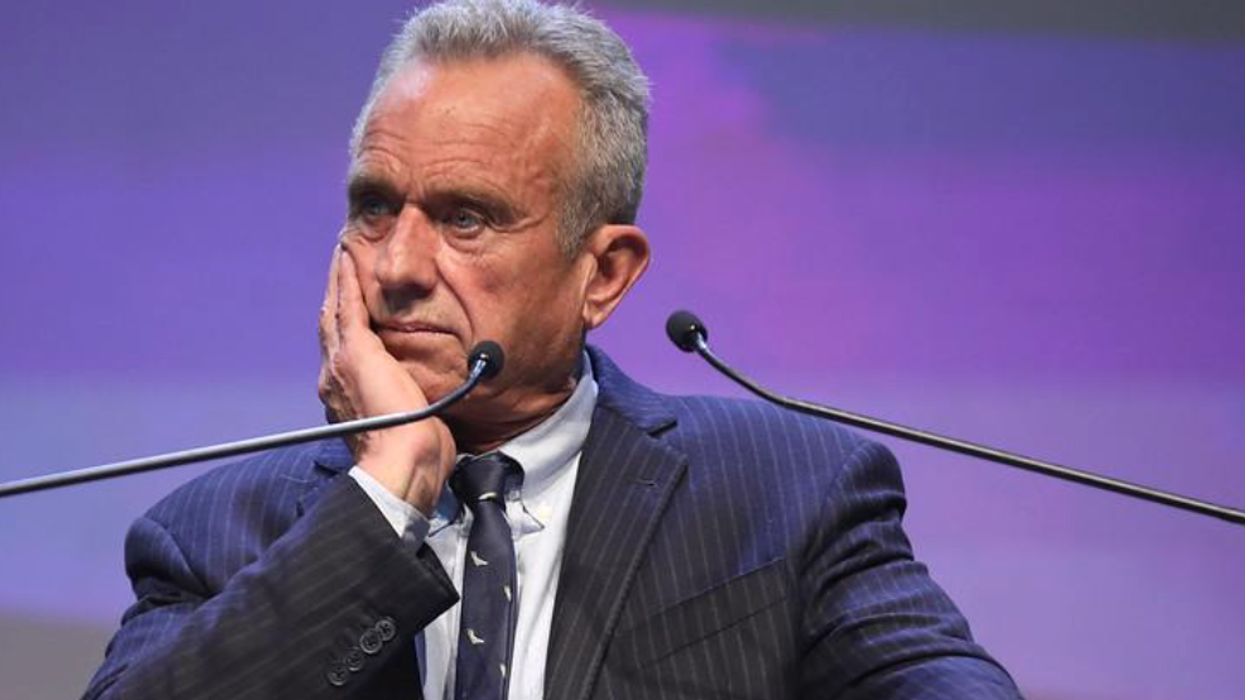




 Share of survey respondents who would blame a government shutdown on Democrats in Congress, Republicans in Congress and President Donald Trump, or both parties equallyChart by Andrew Mangan/Graphic by Datawrapper
Share of survey respondents who would blame a government shutdown on Democrats in Congress, Republicans in Congress and President Donald Trump, or both parties equallyChart by Andrew Mangan/Graphic by Datawrapper

